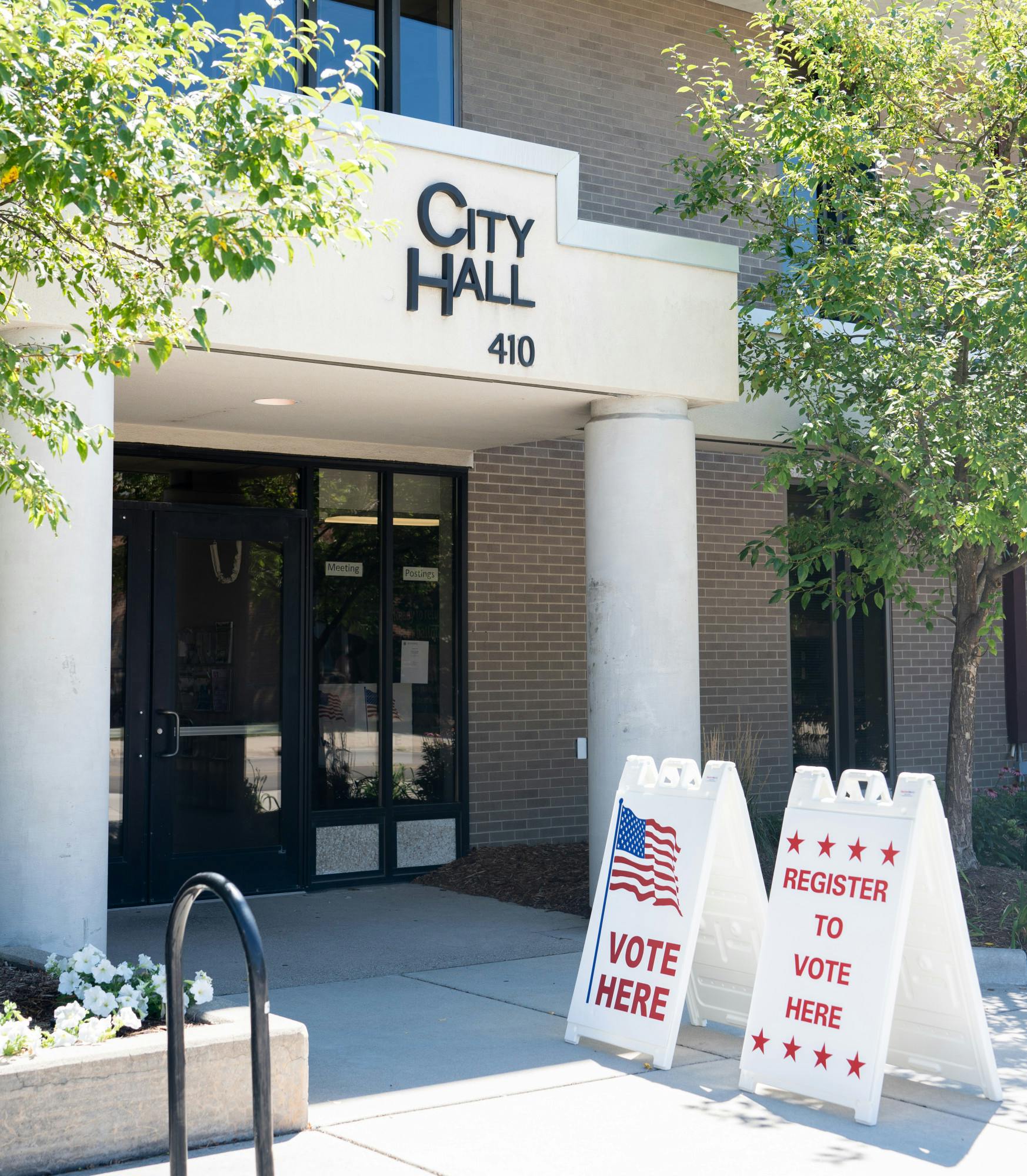Michigan State University students are poised to decide, at least in part, the outcome of both Michigan’s gubernatorial and 7th Congressional District races next week, according to data reported by Tufts University.
Michigan is one of several key states identified by Tufts’s Center for Information and Research on Civic Learning and Engagement, or CIRCLE, where youth voters, particularly college students, are predicted to have an outsized influence on midterm election outcomes.
CIRCLE has done research on gubernatorial, congressional and U.S. Senate races for 2022, and the results are clear: if college students turn out to vote on Nov. 8, the results of critical state and federal races could shift drastically.
Abby Keisa, deputy director of CIRCLE, said that her program’s research exhibits the importance of youth voting.
“We've used data to show how the turnout of young people ... can have a profound influence on elections,” Keisa said.
College students are a historically under-registered and underperforming group when it comes to voting, especially in midterm cycles. At MSU, voter registration groups have estimated that less than half of the student body turns out at the ballot box. Rock the Vote, a national organization aimed at energizing youth political involvement, is hoping to change that.
Charlie Bonner, a Texas-based voting rights activist, said that Rock the Vote’s mission is more important than ever in 2022.
“We know that this is a critical time around the election to make sure that folks have the information they need to cast a ballot, particularly young and first-time voters who see information about voting as something that can be confusing, or something that can be off-putting to them,” Bonner said.
Many college students struggle to make a voting plan, the CIRCLE experts said, because of the various steps that come with registering to vote in a place that isn’t their hometown. Students experiencing their first time living away from home may be overwhelmed by the process of requesting an absentee ballot or changing their registration to their college town. Nonetheless, activists are optimistic that youth turnout will keep increasing.
Clarissa Unger, executive director of the Students Learn Students Vote Coalition, said that while the election system may not be designed to welcome new voters, her organization is committed to helping them navigate it.
“The number one reason over and over, we know from behavioral research, is that younger voters don't show up at the same rate as older voters, because they're new voters. They're new to the process,” Unger said.
So what does youth voter registration actually look like in 2022?
According to CIRCLE’s research, it’s up. Six percent more young people are registered to vote than in 2018, based on 41 states with available data. In Michigan, the numbers are more impressive – voter registration among 18-24 year olds is up 38 percent compared to 2018.
If this increase in registration is reflected at the polls next Tuesday, it could decide the outcome of two of Michigan’s critical races – the gubernatorial election between Gretchen Whitmer and Tudor Dixon and Michigan’s 7th congressional race between Elissa Slotkin and Tom Barrett. The MI-07 race may be in the hands of MSU students, as CIRCLE has identified it as one of the races that’s most susceptible to youth numbers in the nation.
Rock the Vote’s focus is on making sure that college students know the importance of their ballots – many young people pass on voting because they feel like casting their ballot won’t make a difference. Rock the Vote executive director Carolyn DeWitt said that these feelings couldn’t be further from the truth.
“If your vote wasn't powerful, they wouldn't be trying to take it away,” DeWitt said. “This is a numbers game.”
Support student media!
Please consider donating to The State News and help fund the future of journalism.
Discussion
Share and discuss “Michigan State students could decide Michigan congressional, gubernatorial races, research shows” on social media.







